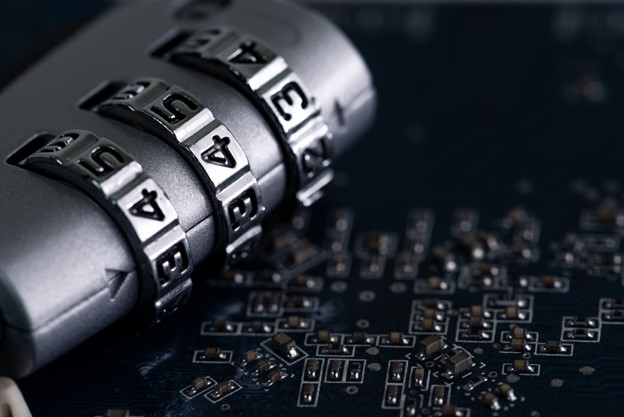In 2023, the average Australian spends about 6 hours a day online. Thanks to the prevalence of the internet, there are more online scams today than ever before, and scammers have found more ways than ever to trick you into handing over your money and/or your identity.
Here are some tips to avoid getting scammed:
- Don’t click on suspicious links
A common scam today involves hacking into someone’s email, phone or social media account and spamming all their contacts. If you get a link that seems suspicious, even if it’s from someone you know, don’t click. If you’re not sure, try contacting the “sender” via another channel to find out what’s going on.
- Don’t open emails from people you don’t know
Email scams may come in the form of someone you’ve never heard of blatantly asking you for money, or they may come in the form of something a bit subtler—someone offering you a job or a business proposal, for example. If you don’t know the sender, the safest thing to do is just delete the email unopened. (If you’re unsure, you can try contacting the sender via another channel.) Whatever you do, don’t click on any links.
- Watch out for unexpected emails that seem to be from legitimate sites
Many scammers will send emails from an account that’s almost identical to that of a legitimate business, such as a bank, phone company or online marketplace. Look carefully at email addresses and ask yourself if this company would really be sending you a message like this. For example, if you get an email from a bank you don’t use, or a message about a transaction you didn’t make, you can usually assume it’s spam. Again, don’t click any links unless you’re sure the email is legit.
- Don’t give out your personal information
There are some places where it’s OK to give out personal information. For example, you may need to provide this information when setting up a bank account or applying for a credit card. But before giving out this information, make sure you’re giving it is a trusted source who won’t misuse it.
- Beef up your passwords
Make your password long, not easy to guess, and full of things like capital and lowercase letters, numbers and symbols. Don’t use the same password for everything, and change your passwords from time to time, especially after you get news of a data breach or hack on a website you use.
- Use multi-factor authentication (MFA)
For your most sensitive accounts, you may want to use MFA, which means you log in using both a password and another means, such as a fingerprint, text message or authenticator app.
- Get cybersecurity software
You don’t have to pay big dollars for cybersecurity software. Often, you can get antivirus, firewall and email filter services for a reasonable subscription fee, or even for free—but before downloading anything, do your research and read reviews to make sure you’re getting a legitimate, trustworthy service.
- Keep your software and operating systems updated
Old, out-of-date operating systems are often targeted by hackers, so keep your software and systems up to date on all your electronics, both computers and mobile devices.
- Block unknown callers and senders
If you get a lot of calls, emails or text messages from scammers, you may want to take steps to block unwanted calls and text messages. You can also change your spam controls to get fewer spam emails.
- Be smart
Some scams are tricky to spot, but a lot of the time, you can avoid them simply by using your common sense. Don’t open things that seem suspicious, and don’t fall for offers that seem too good to be true.
Scams can be scary, but with a little common sense and a few best practices, you can keep your personal information where it belongs—safe and sound in your secure accounts.





